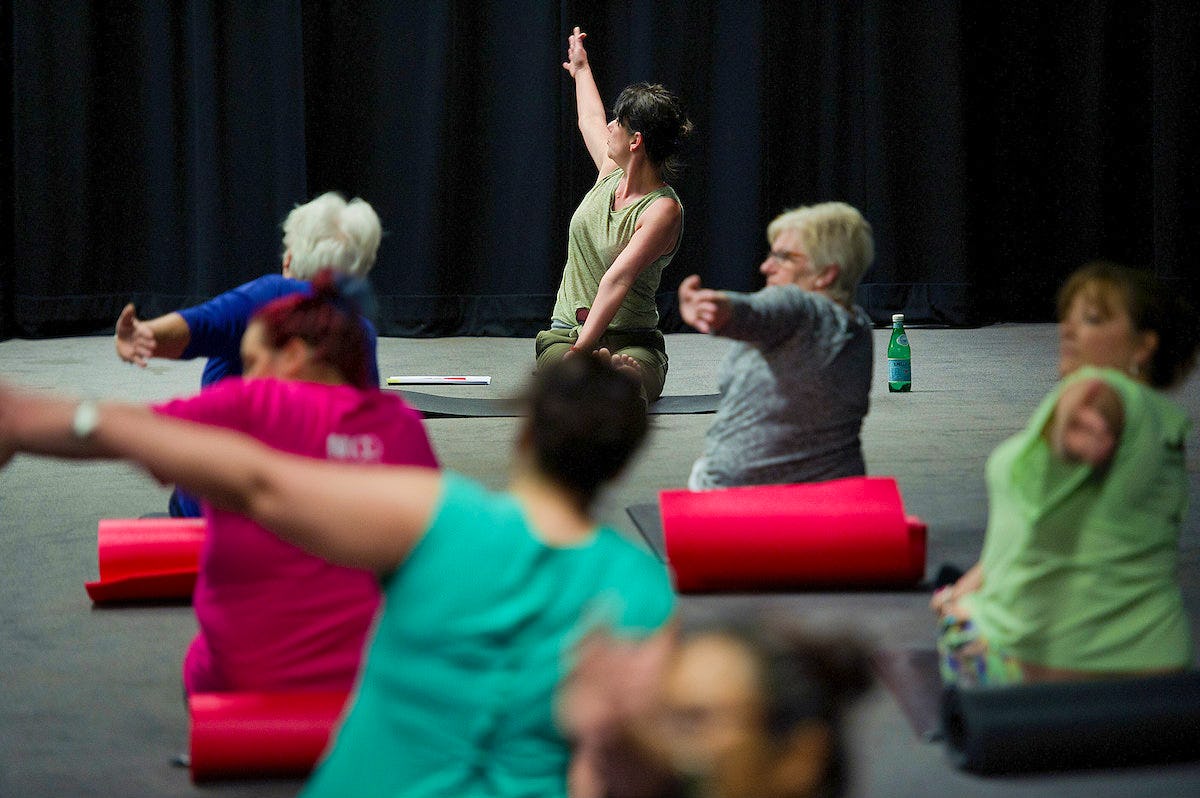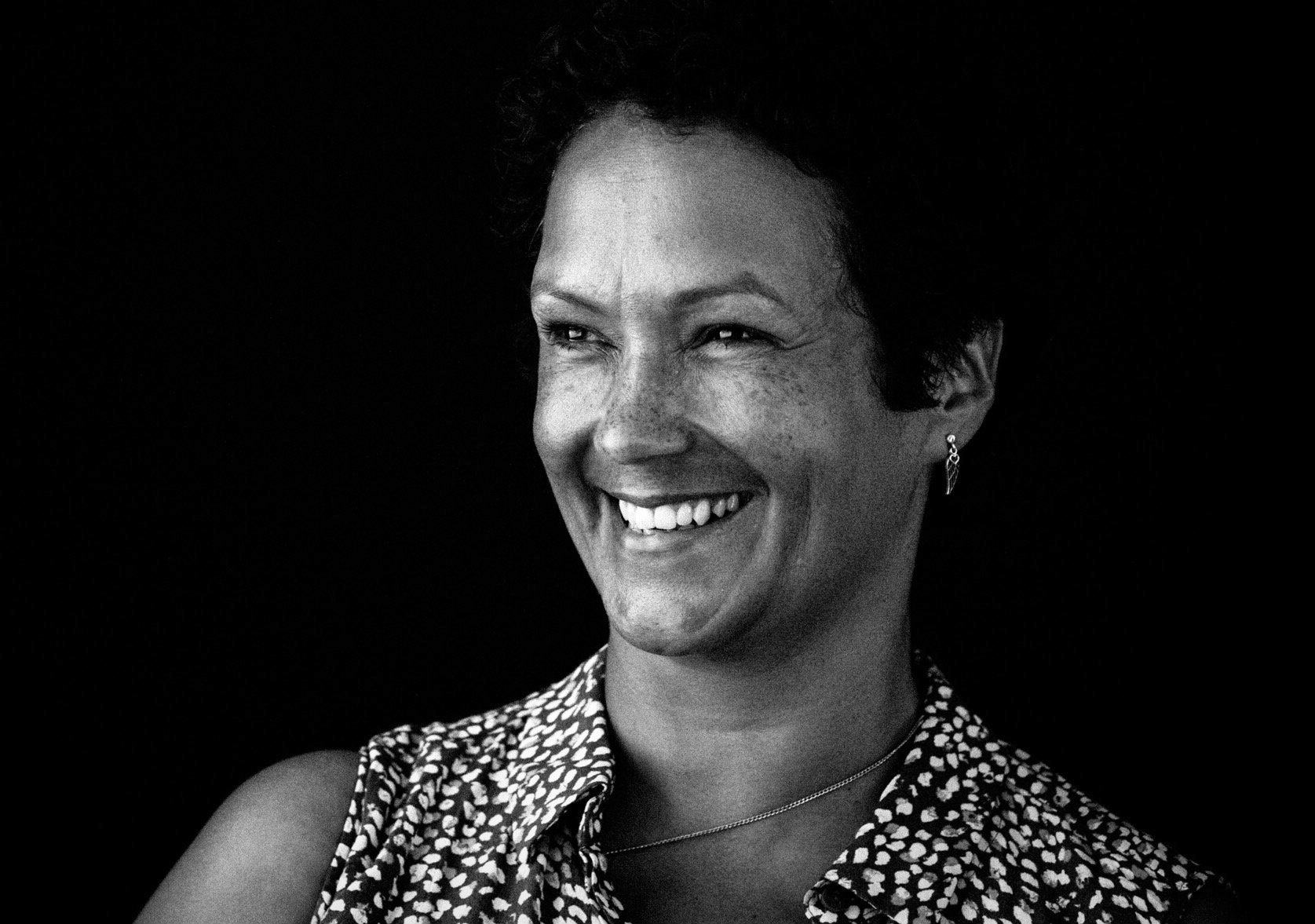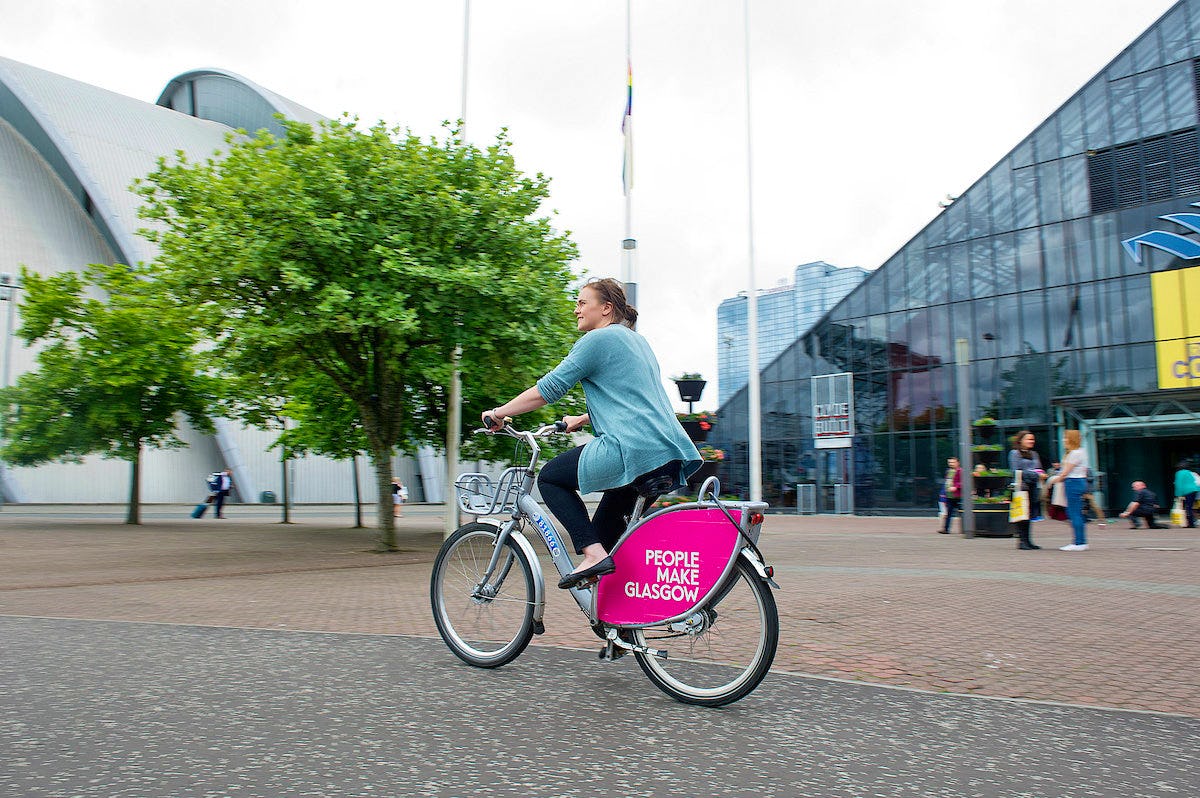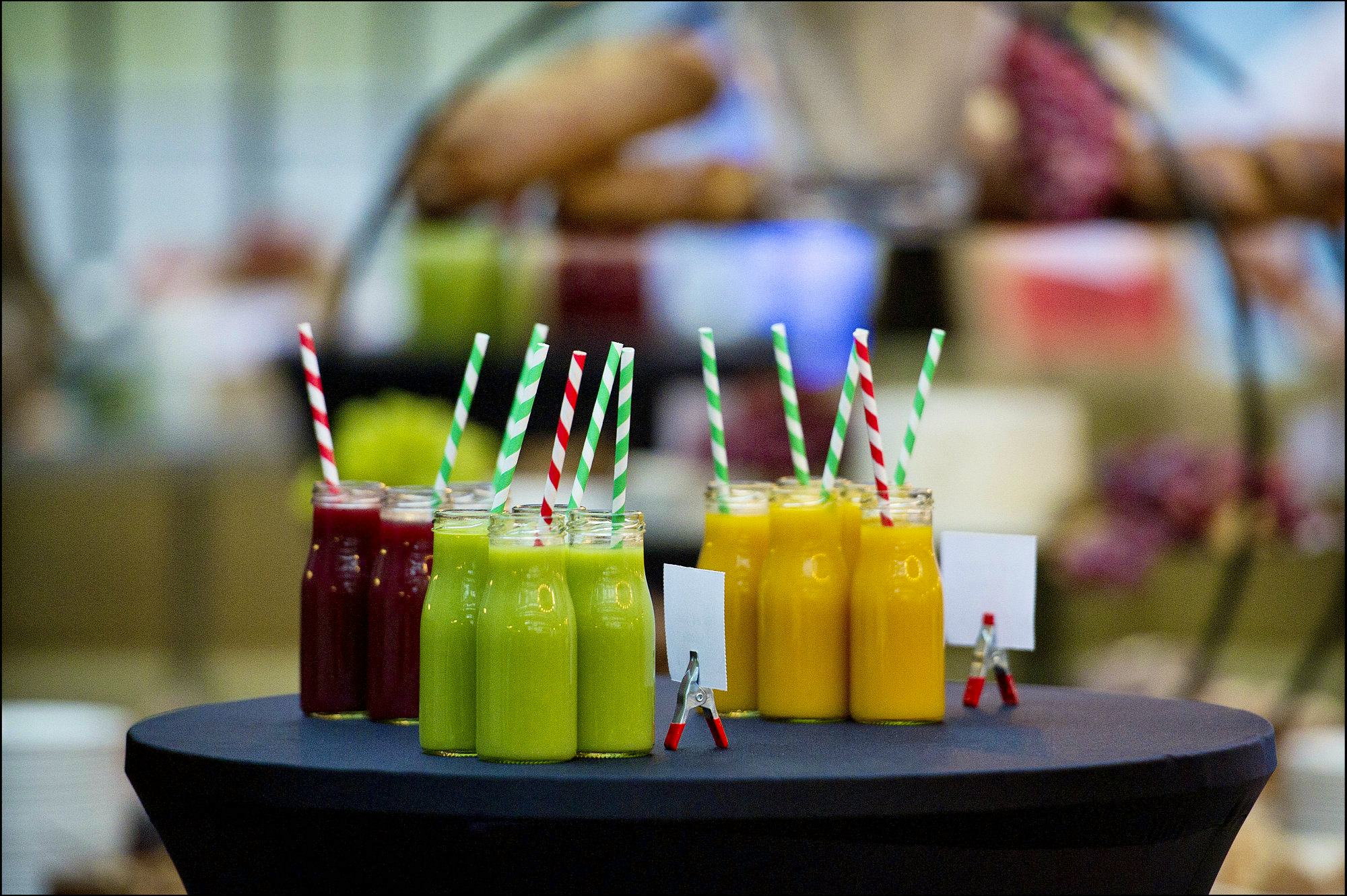Ignored for years, organiser well-being is now on the event world’s agenda. We talk to the professionals about how a stressful industry is fighting for change

You may not be too surprised to learn that a recent survey by jobs website Career Cast found that the four most stressful jobs are, in order: police officer, airline pilot, firefighter and army officer. What may raise a few eyebrows is that fifth on the list of stress-inducing careers comes event coordinator. If you’re surprised at that, perhaps you shouldn’t be. According to Alistair Turner, a recent UK president of the International Live Events Association (Ilea), ‘It’s the industry’s dirtiest little secret. I think well-being will be 2018’s Brexit.’
Why should the seemingly enviable job of an event coordinator be so potentially stressful? Consider, for starters, what the industry runs on: too much booze, too little sleep, unholy hours. Alex Beiner, co-founder of Open Meditation and business development manager of brand experience agency TBA, knows the strains all too well. ‘It’s a high-pressure job, full of unknowns. Will the supplier deliver on time? Will the client like it? Will people show up?’ In a climate where budgets are being cut as demand grows, these sorts of questions are becoming ever more pressing.
 While event organisers tend to thrive on ‘good stress’, this also makes them more susceptible to the bad stuff
While event organisers tend to thrive on ‘good stress’, this also makes them more susceptible to the bad stuff
The good news is that mental-health awareness is growing. In October, the Duke and Duchess of Cambridge and Prince Harry made the front page with the launch of a £2m Royal Foundation investment fund for digital innovation around mental health. Elsewhere, the British Safety Council recently unveiled a suite of mental-health training courses to aid awareness in the workplace.
It’s about time. According to the Health & Safety Executive, 25.9m days were lost in the UK last year to work-related illness (mainly stress, depression and anxiety over physical ailments). Consider too that one in three event coordinators suffers from work-related stress – compared with the national average of one in four – and you start to wonder, ‘How many of those 25.9m days were taken by us?’
Balancing act

But what does ‘well-being’ mean, and why are event professionals lacking in it? ‘It’s the difference between existing and living,’ says Donna Lancaster, a life coach who co-founded The Bridge Retreat, a workshop and digital detox experience for people who are ‘burning out’. ‘Well-being is as essential as nutrition and exercise in people’s life satisfaction and overall health.’
Lancaster points out that, while organisers tend to thrive on ‘good stress’, this also makes them more susceptible to the bad stuff: over time, working and living ‘fast’ reduces energy levels and lowers mood – and can lead to illness. These mental, and sometimes physical, manifestations can make it near impossible to separate oneself from the job. ‘Often, the job requires an attitude of non-attachment to avoid pressure getting to you,’ says Alex Beiner, ‘but people are rarely given the tools with which to cultivate that attitude.’
More often than not, an event organiser or coordinator will take that anxiety home with them – when they even get to go home. ‘There’s a general lack of work-life balance,’ says Alistair Turner. ‘I mean, how on earth are you meant to even have a family in this industry? Holistically speaking, we need to stop and ask ourselves: are we doing things right?’
Talking back

These questions are beginning to be addressed. It’s a pivotal time for the industry, something that Mark Maher, well-being advisor and director of caterer
Boulevard Events, is more than pleased with. ‘I think it’s a topic that people have always cared about but haven’t always had the information on. This time last year I hadn’t heard of a single initiative to promote health and wellness in the events industry. Now they’re popping up all over the place. I’ve spoken at several events this year, all with the focus of health and well-being for event profs.’
 Venues are getting involved too by tackling the issue of poor nutrition and lack of exercise
Venues are getting involved too by tackling the issue of poor nutrition and lack of exercise
This year saw the launch of the UK Event Well-Being Week (EventWell), a campaign initiated by event professionals to raise awareness of the industry’s mental-health issues. One of those involved is Helen Moon. In 2009, she experienced a severe burnout that led to a diagnosis of bipolar disorder. She’s managed the condition without meds ever since and, unsurprisingly, is a strong advocate for change in the industry.
After speaking with Alistair Turner, who held a well-received well-being event through Ilea, she decided to hold a session herself at Eventprofs Who Lunch. As it turned out, 50% of those in the room had been suffering in silence.
‘As we did more events, we’d see glassy-eyed men and women telling really personal stories,’ Turner tells me. ‘It just grew and grew and grew, and we realised we had to do something about it.’
As part of the EventWell campaign, the career coaches at consultancy firm No More Ifs Or Buts launched the Stress Matters Pledge for the events industry. They go into offices and give company heads 10 stress-reducing pledges to choose from; they are urged to take on as many as possible. An audit is carried out at the start of the process, and the team will go back a year later to re-audit and see how the pledges have changed employees’ well-being.
Venues are getting involved too by tackling the issue of poor nutrition and lack of exercise. Part of a World Obesity Federation eight-point plan was to start working with the MICE industry. When it launched its Healthy Venue Awards programme in 2016, the SECC in Glasgow became its first accredited venue. ‘Our initial aim was to create a healthy environment for delegates,’ says Kathleen Warden, SECC’s director of conference sales. She describes the lengths the venue has gone to in order to achieve this: no added salt, free bike use, step challenges.
‘But it also encourages a healthy environment for our staff,’ she says. ‘The main thing is to create choices, from what they eat to how they get to and from meetings. What we do has resonated in the industry and, if this catches on, we’ll be able to produce a healthier environment for attendees, and for employees too.’
Moving forward

Still, there’s plenty more to do. At the very least, Alistair Turner would like to see some kind of charter for the industry to sign – something to regulate event organisers’ well-being. Warden agrees that we need more industry regulation.
‘We should take inspiration from the pharmaceutical industry. It has what are called “pharmacodes” – ethical codes by which business is done. The events industry needs its own code of conduct.’
From a more pastoral viewpoint, Alex Beiner notes that the long-standing reluctance to talk about mental health is something that needs to be overcome in offices.
 The fact that the sector accepts something needs to be done is a big step
The fact that the sector accepts something needs to be done is a big step
‘There’s a very long way to go,’ he says. ‘Creating an environment where wellness is core, rather than an afterthought, requires a huge shift for the industry. Mental health is still a stigma. We need to create a culture of empathy – bring in a professional to train staff in how to meditate or give them other tools for managing stress.’
Helen Moon’s ideal world? ‘At the next EventWell, I don’t want there to be anyone coming up to me saying that they don’t feel they can talk to their boss.’
As Mark Maher points out, there’ll be hurdles and it will take time for things to change. Yet the fact that the sector accepts something needs to be done is a big step, says Donna Lancaster. ‘I admire any industry that takes mental health seriously and is keen to offer support for employees. There’s no shame in mental health. It takes a strong person to admit these struggles, and a strong industry to support them.’
Emergency kit
There are no quick fixes for combatting stress, but these might help you get started
+ Sleep Smarter by Shawn Stevenson
A book with 21 tips on the best ways to get ‘quality’ sleep. Recommended by Mark Maher.
+ Ila Apothecary
A new skincare range featuring Anti-Panic Pearl Drops, Digital Detox Face Mist and Good Vibes Diffuser.
+ Headspace
Loved by athletes, Wall Street types and Sir Richard Branson, this mindfulness app helps you learn and master the basics of meditation.
+ Office yoga
Have an expert from Swift Fitness visit your workplace and take over a meeting room for an hour of yoga or pilates.
Did you know all the events seminars from our annual show are now online? There’s even one on well-being techniques to help you get the work-life balance right